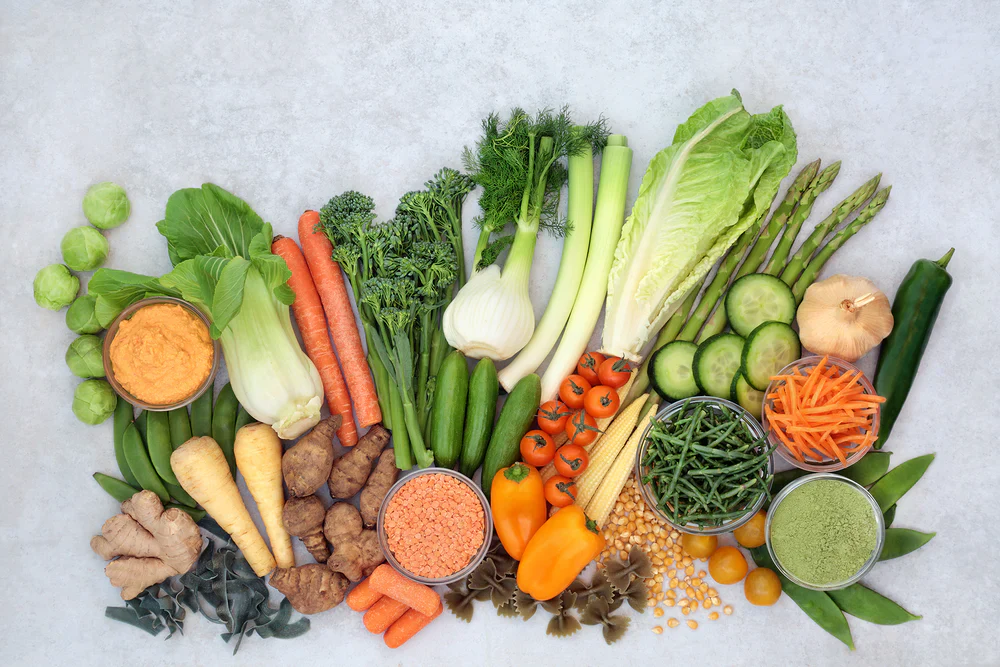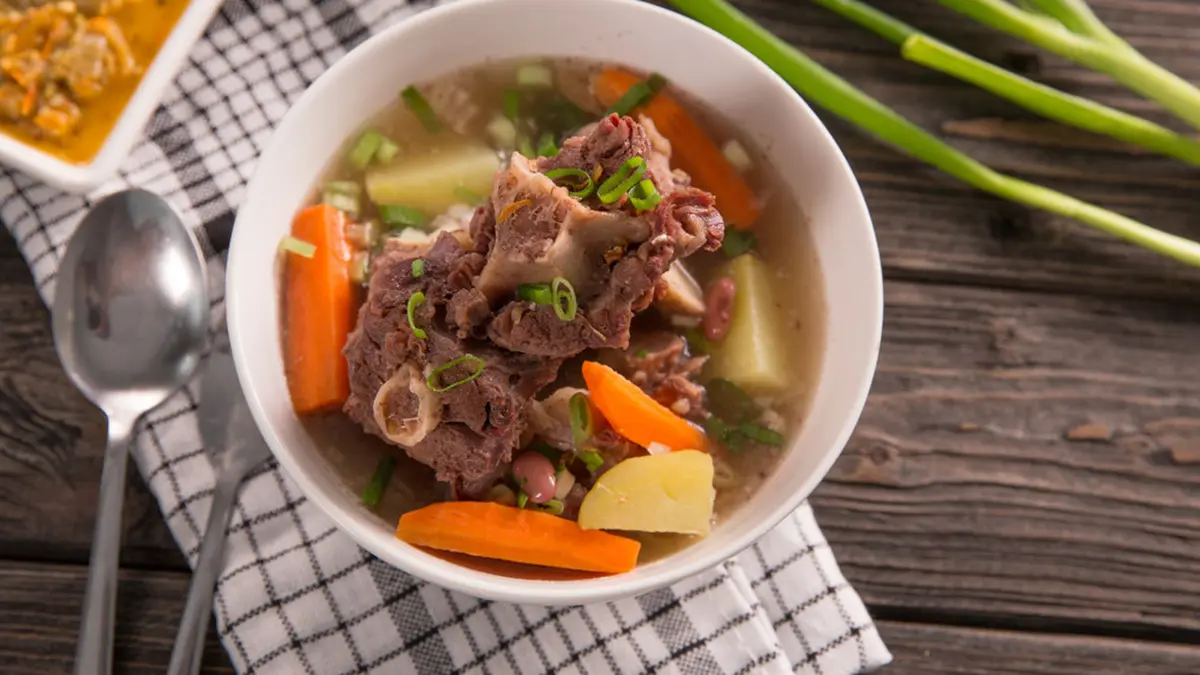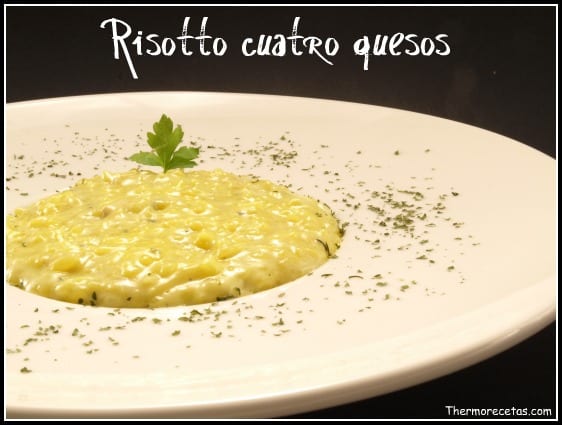JAKARTA, autonomicmaterials.com – Ethical eating is a concept that goes beyond just satisfying hunger; it encompasses the impact of our food choices on the environment, animal welfare, and social justice. As I embarked on my journey toward ethical eating, I discovered the profound influence that food sourcing and choices can have on our health, the planet, and communities. In this article, I’ll share my personal transformation in understanding ethical eating, the choices I made, and the insights I gained along the way.
What is Ethical Eating?

Ethical eating refers to making food choices that consider the moral implications of how food is produced, sourced, and consumed. This approach often involves:
- Sustainable Sourcing: Choosing foods that are produced in ways that minimize environmental impact, such as organic farming or regenerative agriculture.
- Animal Welfare: Supporting practices that ensure humane treatment of animals, including free-range and pasture-raised options.
- Local and Seasonal Foods: Prioritizing local produce and seasonal ingredients to reduce carbon footprints and support local economies.
- Fair Trade: Choosing products that ensure fair wages and working conditions for farmers and workers, particularly in developing countries.
My Journey to Ethical Eating
The Awakening
My journey toward ethical eating began with a simple question: “Where does my food come from?” This question arose after watching a documentary about industrial farming practices and their impact on the environment and animal welfare. I was shocked to learn about the harsh realities of food production and felt compelled to change my eating habits.
Research and Reflection
Determined to educate myself, I spent countless hours researching topics related to food sourcing, sustainability, and ethical practices. I read books, followed food blogs, and attended local workshops on sustainable agriculture. This research opened my eyes to the complex web of food systems and the consequences of our choices.
Changing My Plate
As I became more informed, I began to make conscious changes to my diet:
- Eating More Plant-Based Meals: I started incorporating more plant-based foods into my diet, reducing my meat consumption. This shift not only aligned with my ethical values but also improved my health.
- Choosing Local and Organic: I began shopping at local farmers’ markets and prioritizing organic produce. Supporting local farmers not only helps the community but also reduces the carbon footprint associated with transportation.
- Reading Labels: I became diligent about reading labels and seeking out products that align with ethical standards, such as fair trade and humane certifications.
Key Insights on Ethical Eating
1. Understand Your Values
Ethical eating is personal, and everyone’s values may differ. Take time to reflect on what matters most to you—whether it’s animal welfare, environmental sustainability, or social justice. This understanding will guide your choices.
2. Start Small
Transitioning to ethical eating doesn’t have to happen overnight. Start small by making one or two changes at a time. For example, you might begin by incorporating Meatless Mondays or choosing one local product each week.
3. Educate Others
Share your journey with friends and family. Educating others about the importance of ethical eating can create a ripple effect, inspiring them to consider their food choices as well.
4. Be Mindful of Food Waste
Ethical eating also involves reducing food waste. Plan your meals, use leftovers creatively, and compost when possible. This practice not only conserves resources but also minimizes the environmental impact of wasted food.
5. Support Ethical Brands
When shopping, look for brands that prioritize ethical practices. Many companies are committed to sustainability and social responsibility, so choose to support those that align with your values.
6. Stay Informed
The world of ethical eating is constantly evolving. Stay informed about new practices, certifications, and trends. Engage with communities and resources that promote ethical food sourcing and choices.
Conclusion
My journey into ethical eating has transformed not only my plate but also my perspective on food and its impact on the world. By understanding food sourcing and making conscious choices, I’ve embraced a lifestyle that aligns with my values and contributes to a more sustainable future. Ethical eating is not just a trend; it’s a commitment to making a positive difference through our food choices. I encourage you to explore this path and discover how you can change your plate and your mind for the better.
Sharpen Your Skills: Delve into Our Expertise on Food
Check Out Our Latest Piece on Culinary Education: Pursuing a Career in Food Arts!




